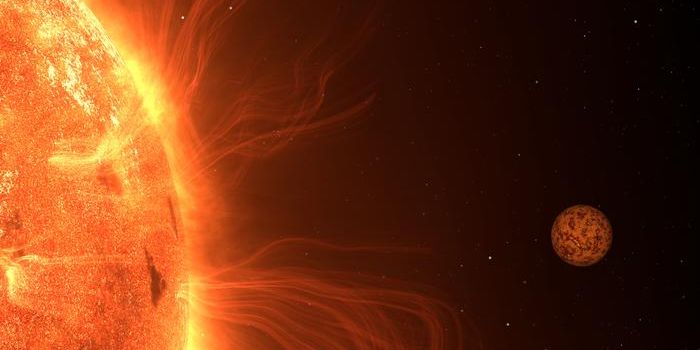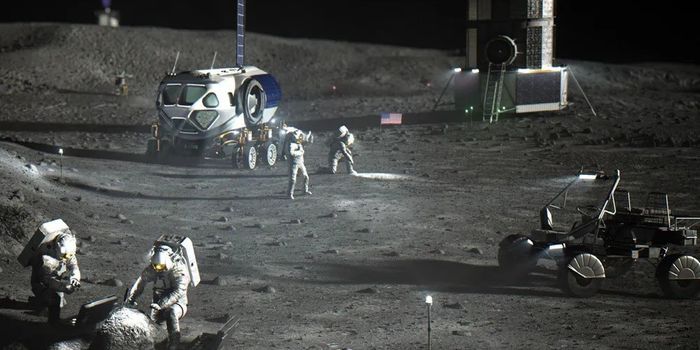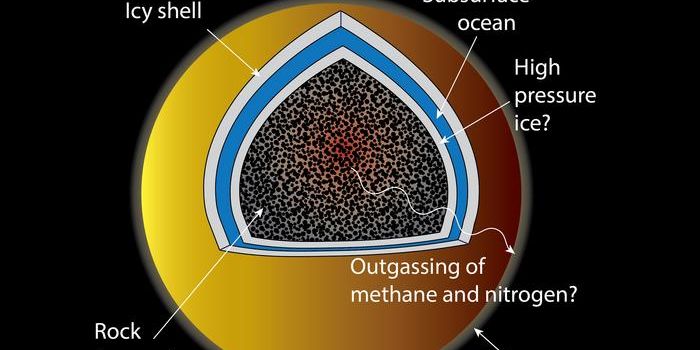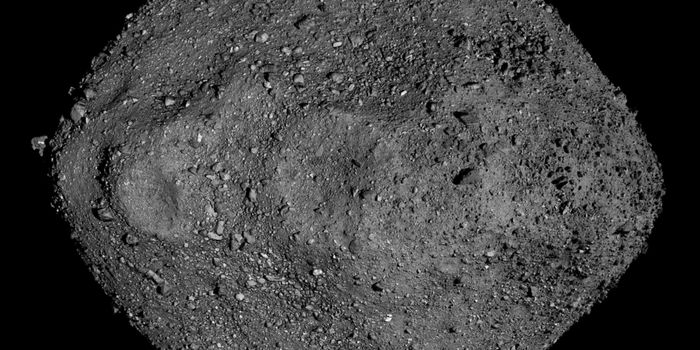The Universe is Getting Hotter, not Cooler, as it Expands
Up until now, scientists have theorized that as the Universe expands, its temperature has gradually declined. New research, however, from Ohio State University suggests otherwise- that the Earth is actually increasing in temperature as it expands.
For their study, the researchers examined thermal data on the Large Scale Structure (LSS) of the Universe (patterns of galaxies and matter on the largest, cosmic scale) from the last 10 billion years. The data they used came from the European Space Agency's Planck Infrared Astronomical Satellite and the Sloan Digital Sky Survey (SDS).
In particular, they used redshift measurements and temperature estimates based on light to compare more distant gas clouds' temperatures from earlier points in time with those closest to Earth.
In doing so, they concluded that the mean temperature of cosmic gas has increased by over ten times and is now around 2.2 million K (~2.2 °C; 4 million °F).
"Our new measurement provides a direct confirmation of the seminal work by Jim Peebles - the 2019 Nobel Laureate in Physics - who laid out the theory of how the large-scale structure forms in the Universe," says Dr. Yi-Kuan Chiang, lead author of the study.
"As the Universe evolves, gravity pulls dark matter and gas in space together into galaxies and clusters of galaxies. The drag is violent - so violent that more and more gas is shocked and heated up."
These finds may have implications for theories that accept and rely on cosmic cooling. For example, Landauer's Principle states that as the Universe cools, advanced species will be able to get more out of their megastructures. Should it turn out that the Universe is not cooling, after all, would it, therefore, mean that the emergence of life will be less likely over time due to higher levels of cosmic radiation?
Sources: The Astrophysical Journal, Science Alert









